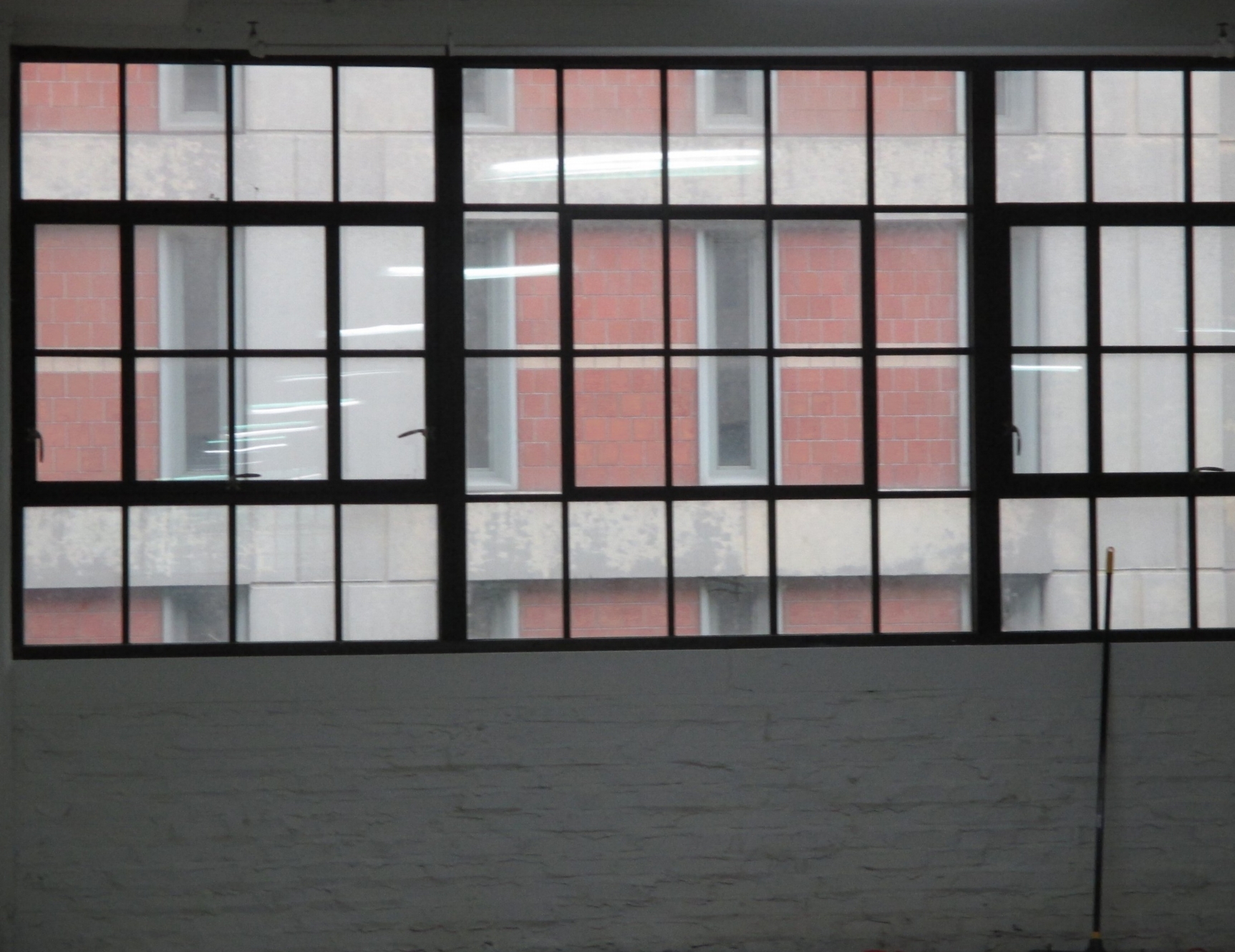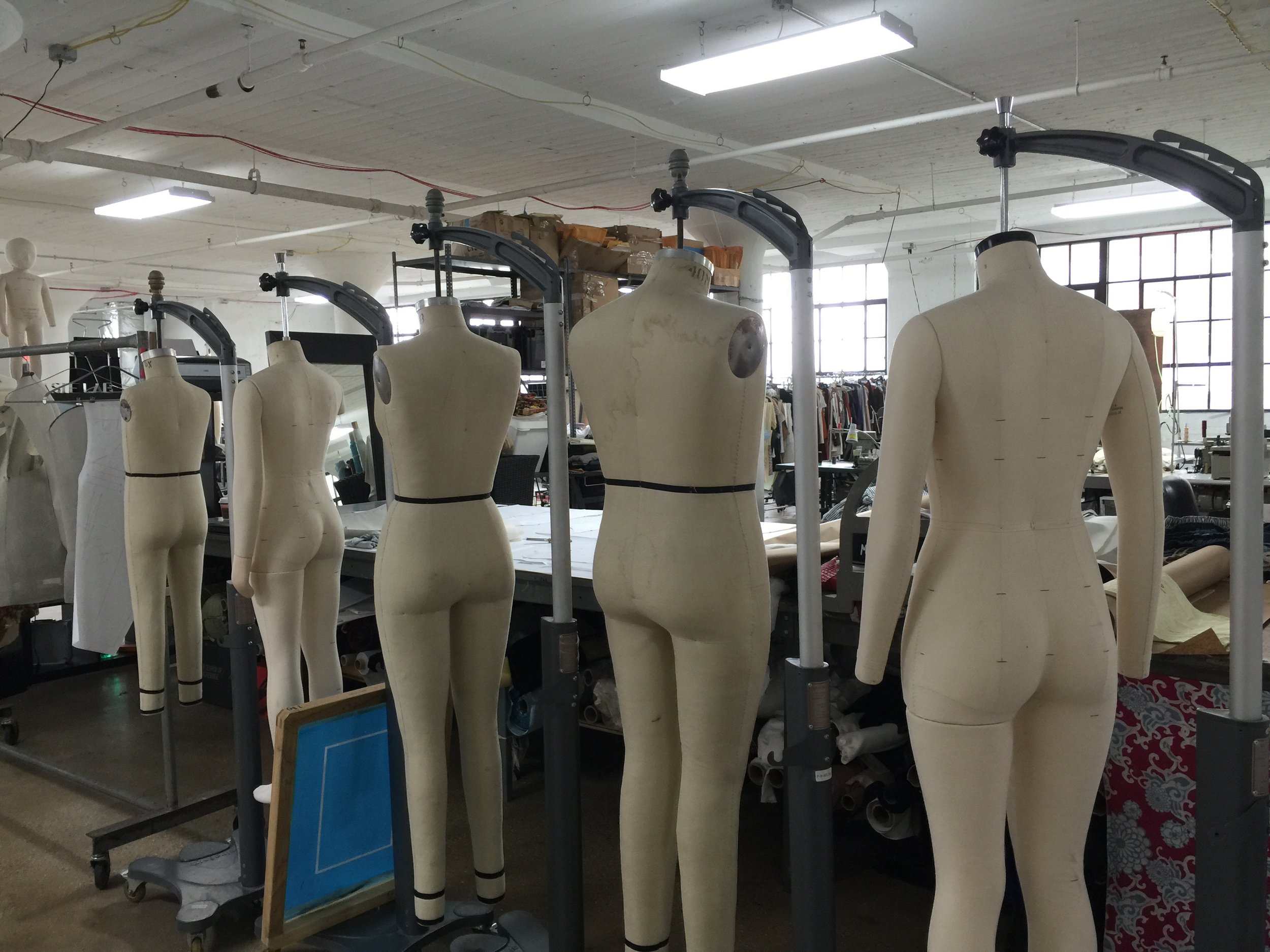
Victoria Hattam
Victoria Hattam is the interim director of GIDEST for 2018-19. She is completing a book on design and production in the global economy.
VICTORIA HATTAM is the interim director of GIDEST for 2018-19. She is completing a book on design and production in the global economy. Globalization is premised on the notion that distance is of little consequence; things can be designed in one place and made in another, allowing companies to arbitrage wage differentials around the globe. Times change. Navigating international production has proved considerably more difficult than many anticipated. Trump, Brexit, and a variety of populist movements are calling for a return to nationalist economic forms. But they are not the only players. Other stake holders have been seeking new ways forward by bringing design and production closer together. These proximity experiments, as Victoria calls them, can be found in many different locations and scales. New manufacturing practices in Brooklyn, cross-border production in the Rio Grande Valley, and shortening of global supply chains all contain fascinating instances in which manufacturing is being reimagined. Whether these experiments will take hold is far from certain. Whether they can avoid the twin poles of rampant globalization and right wing nationalism is even less clear. The stakes are high; she wants to take their measure.
Victoria received her Ph.D. in political science from MIT. She has been awarded two national prizes from the American Political Science Association: the E.E. Schattschneider Prize in 1987 and the Ralph Bunche Prize in 2007. She has been a Fulbright Scholar, a Visiting Scholar at the Russell Sage Foundation, and a Member at the Institute for Advanced Study at Princeton. Over the last decade, Victoria has co-taught a series of critical studios on visual and spatial politics with faculty from Parsons. In 2018-19, Victoria is also co-directing the Sawyer Seminar on Imagined Mobilities with Alex Aleinikoff, Anthony Dunne, Miriam Ticktin, and Fiona Raby. The Sawyer Seminar brings together designers and social scientists to open up contemporary debates over border politics.



